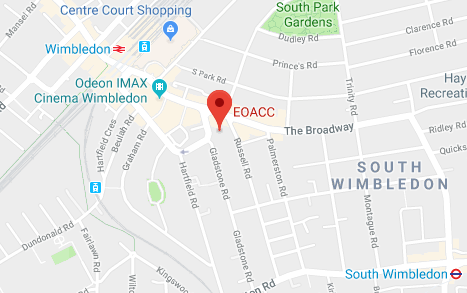Last week, King Charles delivered the King’s Speech,…
Financing your business – what should you know?
Growing a business often requires capital. If you don’t have that capital personally or already in the business, then one option is to get finance from a bank.
GET IN TOUCH WITH OUR WIMBLEDON ACCOUNTANTS
What types of finance are available? How can you present a request to a bank and have it accepted? We will endeavour to answer those questions in this article.
Common types of finance
Financing can usually be broken down into 3 main areas: loans, leases, and hire purchase.
- Loans are usually provided by a bank and could be as simple as an agreed overdraft or a fixed term loan. There are often requirements imposed by a bank, such as securing the borrowing against business or even personal assets.
- Leases involve renting an asset for a set period rather than owning it. The initial outlay is often lower than with other forms of finance. However, if you look at the total cost, leases can work out more expensive in the long run.
- Hire purchase normally involves a finance company buying an asset and then ‘hiring’ it to you. Once you pay the final instalment you get legal ownership. Interest rates can be more expensive than for a loan, but it pays to check.
It pays to compare interest rates and look at the total cost of ownership. Loans are usually the cheapest source of finance to a business, but there can be good reasons for considering leases or hire purchase.
Matters considered by a bank
When looking at an overdraft or loan application, a bank will consider what they know about you and your business, and the experience they have of the trade you are in. They will also look at your experience with the business and how you handle your accounts with the bank.
The bank will also consider the amount of finance being requested and whether it is enough to complete the aim of the finance. They will want to see cashflow forecasts and whether other factors relating to the finance request have been properly considered. For instance, if the finance is to expand property, are planning applications needed?
A bank will also look at whether the repayment period of the finance fits with the use of the asset. For example, a 10-year loan for a laptop is unlikely to be accepted.
Banks will often flex their interest rates and fees to cover them for the risk they may feel there is in lending to you. And, particularly with an overdraft, they may want to see regular financial reports from you.
When you can show that you have requested an adequate amount of finance for what you are proposing, you have demonstrated the need for the finance, and you have up to date accounts and forecasts including cashflow projections, you are giving the bank plenty of reasons for confidence in lending you the money. We have connections with local banks and have many years of experience working with clients to get the finance that takes their business forward. Please just get in touch and we will be happy to guide you through the finance maze!

